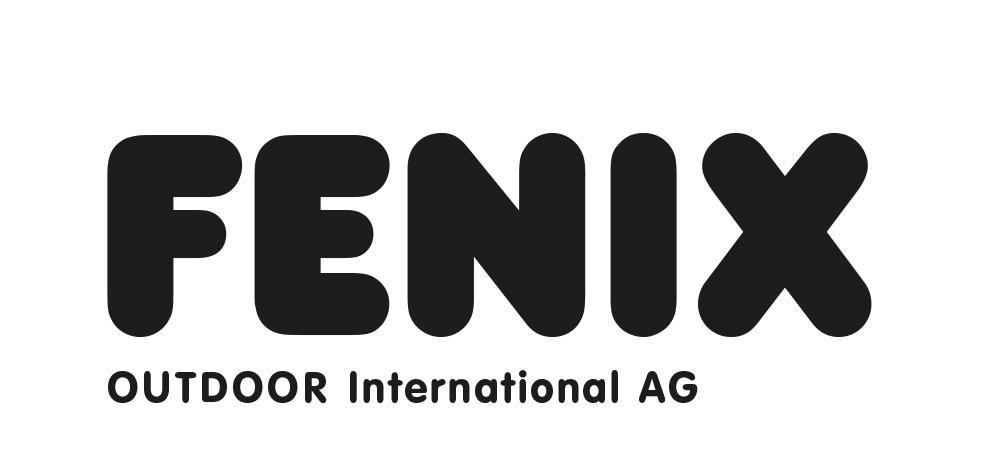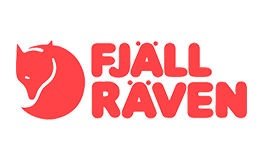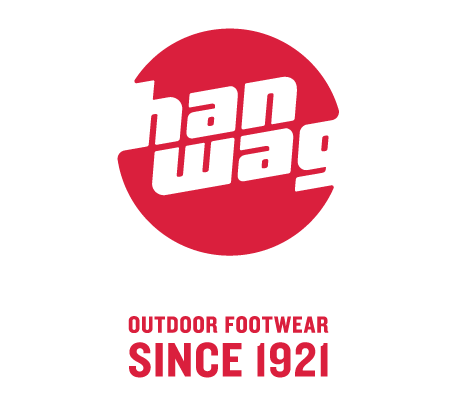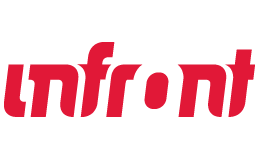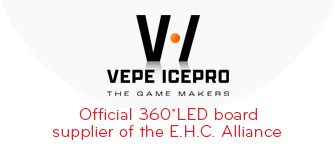3rd EHC AGM: Lines of communication “much more open”

PRAGUE – A year ago, the Alliance of European Hockey Clubs held its Second Annual General Meeting. On Wednesday morning, most of the very same people once again gathered at the Vienna House Diplomat Hotel in the Czech capital for the third annual meeting and the consensus among guests was that the communication between different factions was much better, even when they disagreed.
Last year, after some tense discussions, E.H.C. President Marc Lüthi described the second AGM as “the start of a process where the goal is to reform the IIHF so it becomes a world body for hockey, not only for national associations.”
A year later, Lüthi described the lines of communication as “much more open.”
“We’re all sitting in the same boat,” said Zürich Lions CEO Peter Zahner. “We have stakeholders like the IIHF, the Champions Hockey League, the Alliance and the domestic leagues, and we have to collaborate to create a better environment for the players, coaches and clubs.”
One of the resolutions of last year’s meeting was the addition of EHC Vice-President Håkan Loob as an ad-hoc member of the IIHF Governance Reform Working Group. Over the course of the year, the group drafted reform recommendations, which were presented to the IIHF Congress in Copenhagen at the 2018 IIHF World Championship. Unfortunately, none of the six recommendations were adopted, but that hasn’t deterred anybody.
“I was the representative from this group and we had good talks for over a year and came up with a proposal that went to the IIHF Council, but they didn’t agree on things,” Loob explained. “But it’s a process, so we have to keep at it and hopefully some of those doors that are closed today will open, and we’ll do it in a good, friendly way.”
At that IIHF General Congress meeting, Lüthi delivered an impassioned speech to the IIHF Council and assembled guests. In it, he outlined the changing landscape of the sports world and expressed the Alliance's place in the present and future of European ice hockey.
“After the result in Copenhagen, where we lost 6-0, I think some people expected a war with the IIHF, but that didn’t happen,” Lüthi said. “We’re keeping the lines of communication open and showing that we plan to do all we can to cooperate with the IIHF and the leagues, which is very important.”
For his part, IIHF General Secretary Horst Lichtner told the AGM’s guests: “The IIHF is always prepared to listen to ideas that will improve the game of hockey and the cooperation between our members.”
Back in November at the E.H.C. Hockey Business Forum in Stockholm, it was Lichtner who announced a compensation package to clubs that released players to participate in the Winter Olympics.
As for what comes next, Lüthi said: “The ball is now in the IIHF’s court. We’ve requested a meeting with the council and it’s my understanding that we’re going to have this meeting. It’s important that we talk together and find solutions and make our voices heard in their meetings, and I hope it happens.”
Lüthi will now be sharing E.H.C. presidential duties with Loob, who has been promoted from Vice-President to Co-President.
“Marc wanted some relief when he’s not available, so from a practical standpoint, it’s good,” said Loob.
Aside from the IIHF, there were also issues between the clubs regarding license fees for the Champions Hockey League, with most teams that regularly participate in the club competition present in the room, along with most founding members. Arriving at any consensus was a challenge, but again, the important thing was keeping the dialogue open.
“That’s normal when you have this many clubs from different countries and different backgrounds with different interests,” said Zahner, who was named Chairman of the CHL Board on Tuesday. “It’s not easy to bring everybody onto the same page, but that’s why we have these discussions. It’s not about winning or losing but about finding solutions and you’re not going to please everybody, but hopefully, the needs of the majority are met.”
